Find Help
More Items From Ergsy search
-
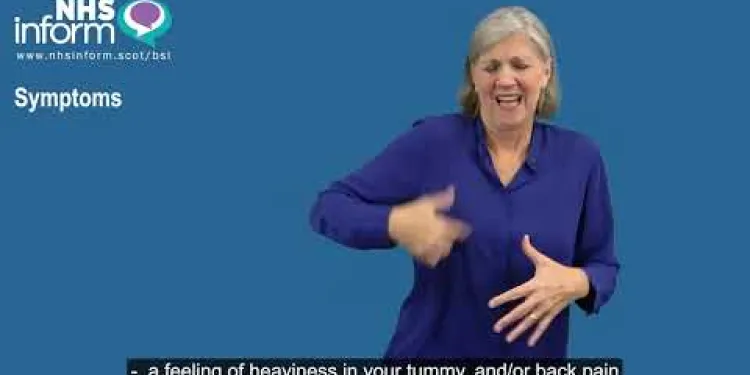
Period pain (dysmenorrhoea) - BSL
Relevance: 100%
-
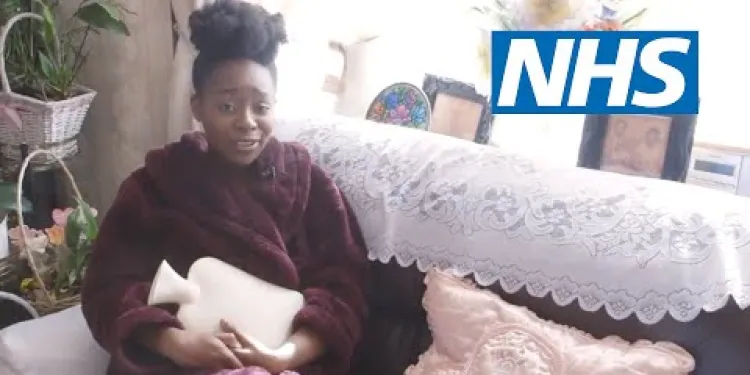
How to deal with period pain | NHS
Relevance: 96%
-
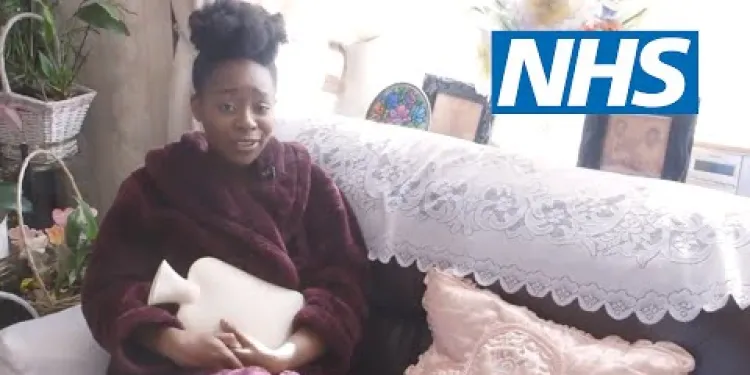
How to deal with period pain | NHS
Relevance: 96%
-
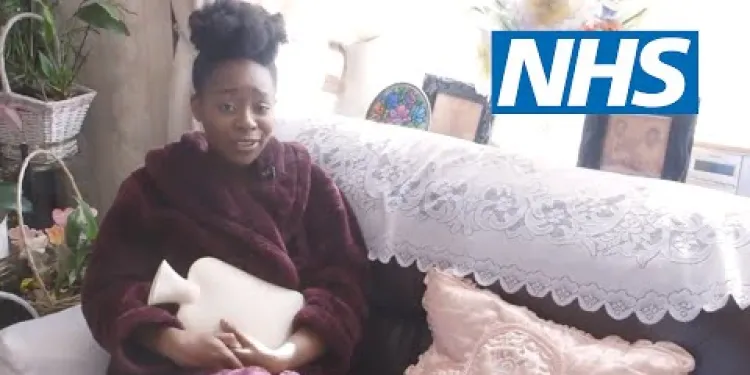
How to deal with period pain | NHS
Relevance: 96%
-
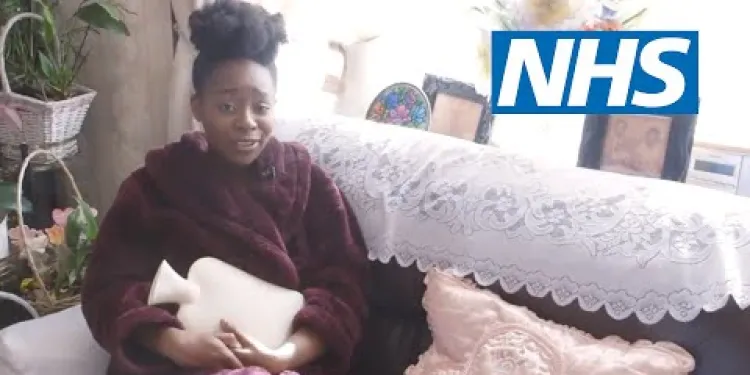
How to deal with period pain | NHS
Relevance: 96%
-
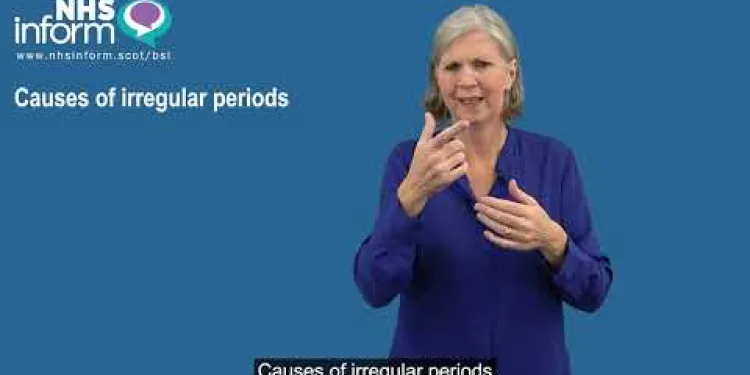
Irregular periods - BSL
Relevance: 63%
-

Is a facelift painful?
Relevance: 62%
-

Is a mammogram painful?
Relevance: 58%
-
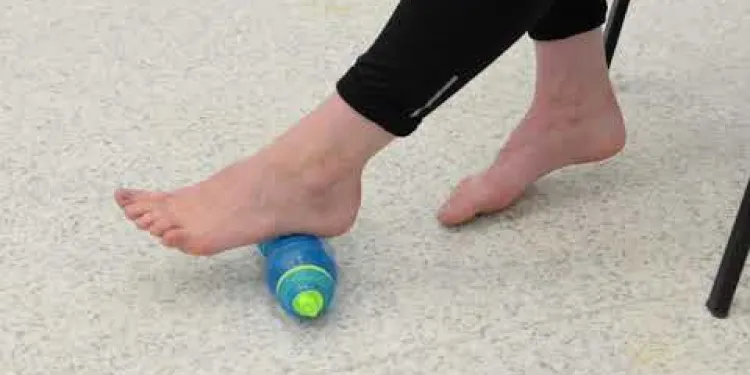
Foot Pain
Relevance: 55%
-

What is the notice period for redundancy?
Relevance: 54%
-
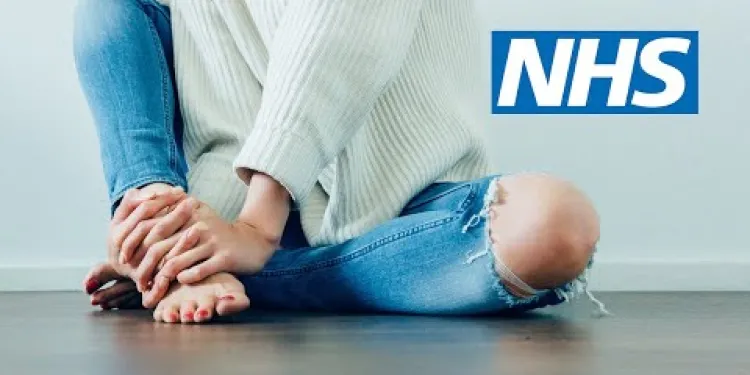
Heel pain | NHS
Relevance: 53%
-

What you need to know about irregular periods
Relevance: 53%
-

What should I avoid doing during the recovery period?
Relevance: 53%
-
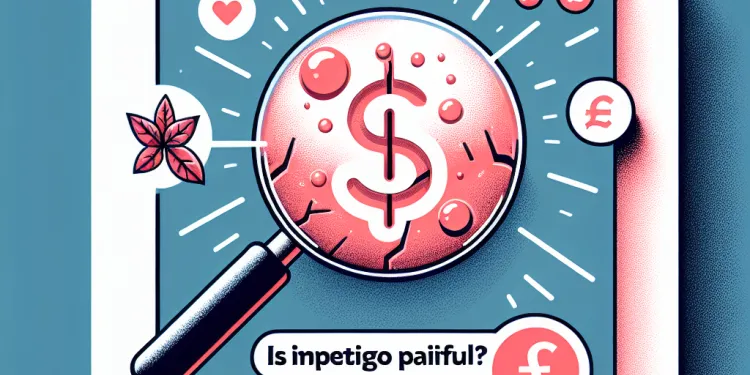
Is impetigo painful?
Relevance: 53%
-
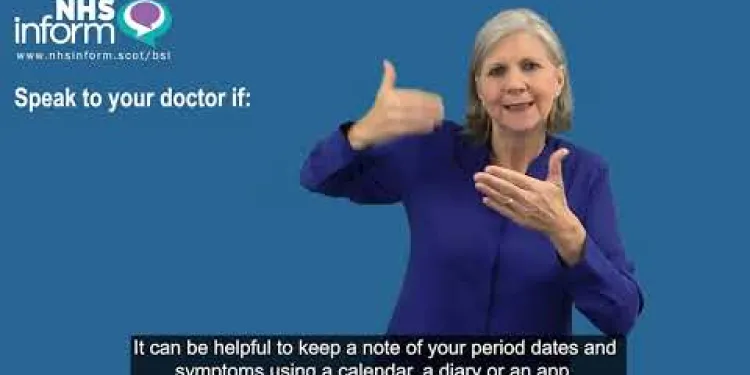
Heavy periods (heavy menstrual bleeding)
Relevance: 52%
-
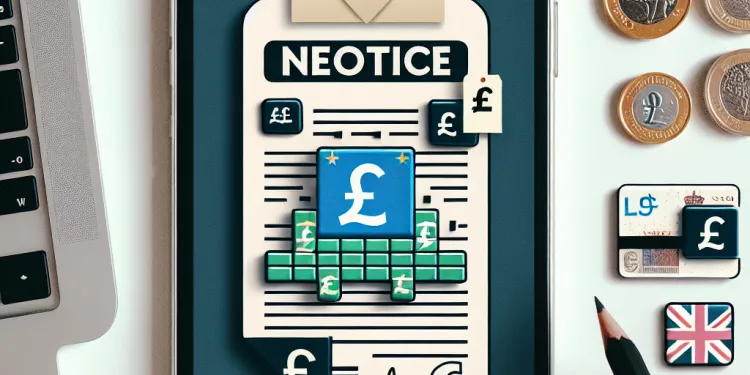
Has the notice period for eviction changed?
Relevance: 52%
-

How long is the incubation period for the Marburg virus?
Relevance: 51%
-

Will I feel pain during the procedure?
Relevance: 51%
-

Shoulder pain | NHS
Relevance: 50%
-

Shoulder pain | NHS
Relevance: 50%
-

What is the grace period for the penalty point system?
Relevance: 49%
-
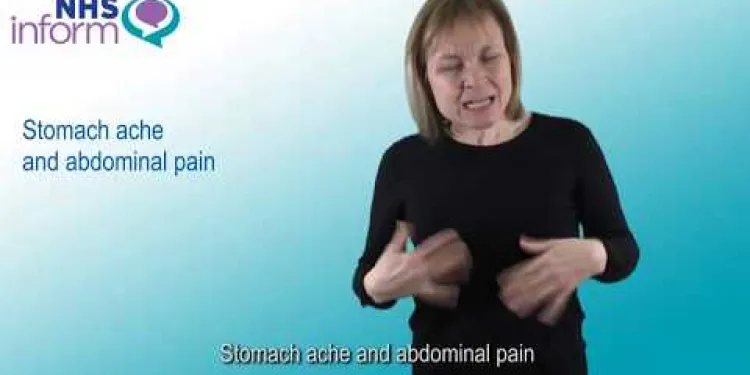
Stomach ache and abdominal pain
Relevance: 49%
-
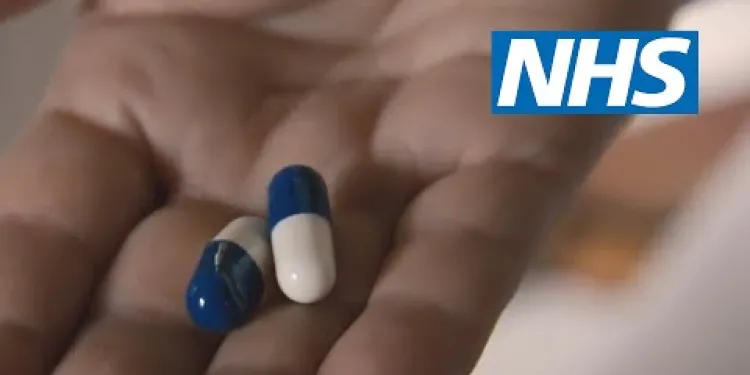
How to treat back pain | NHS
Relevance: 48%
-
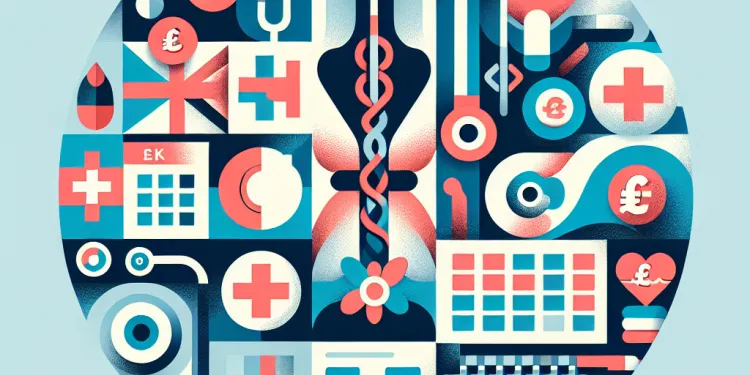
Can the test be performed during my menstrual period?
Relevance: 48%
-
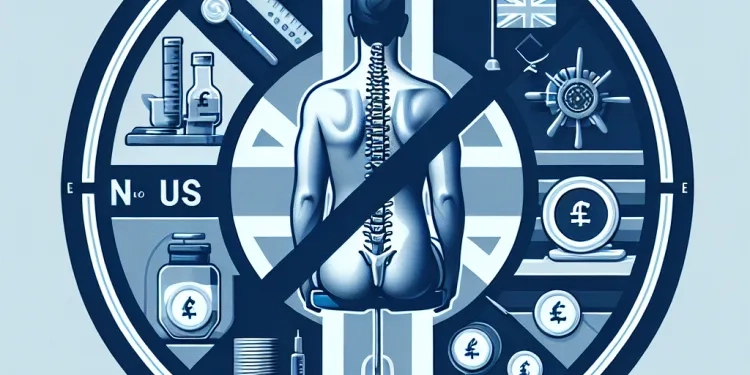
Are chiropractic treatments painful?
Relevance: 48%
-

Can I use Ibuprofen for menstrual pain?
Relevance: 47%
-

Is the womb lining test painful?
Relevance: 47%
-

What happens when the introductory APR period ends?
Relevance: 47%
-

Mechanical Lower Back Pain
Relevance: 47%
-

Advice on neck pain and whiplash
Relevance: 47%
-

Shoulder subacromial shoulder pain
Relevance: 47%
-

Shoulder pain | NHS
Relevance: 46%
-
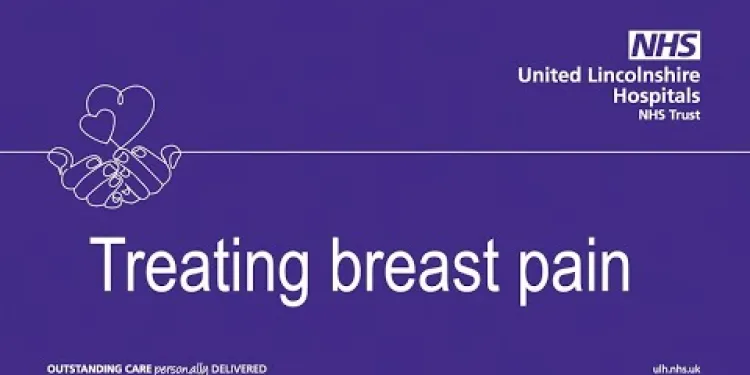
Treating breast pain | United Lincolnshire Hospitals NHS Trust
Relevance: 46%
-

Greater trochanteric pain syndrome
Relevance: 46%
-

What is the minimum service period to qualify for firefighter pension benefits?
Relevance: 45%
-
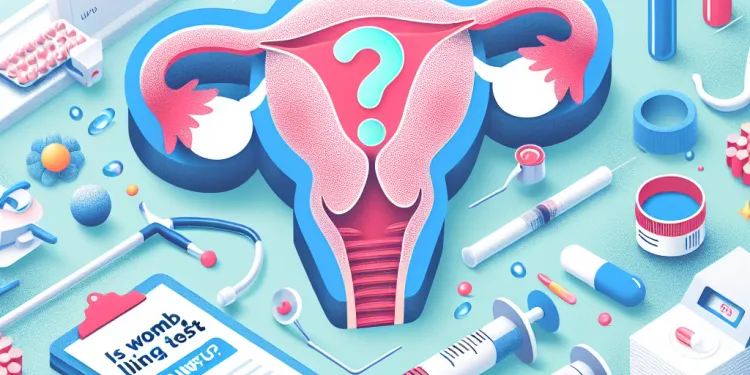
Is a womb lining test painful?
Relevance: 44%
-

Useful information for patients with lower back pain
Relevance: 44%
-

What is the role of pain management in treating whiplash?
Relevance: 44%
-

How do chiropractors treat back pain?
Relevance: 44%
-

How do NSAIDs work to reduce pain?
Relevance: 43%
How to Deal with Period Pain | NHS
Understanding Period Pain
Period pain, or dysmenorrhoea, is a common problem that affects many people in the United Kingdom. It can present as a throbbing or cramping pain in the lower abdomen and can sometimes spread to the lower back and thighs. Pain can range from mild to severe and may interfere with daily activities.
Home Remedies
There are several home remedies that can help alleviate period pain. Applying a hot water bottle or heat pad to your abdomen can provide significant relief. Gentle exercises like walking or yoga can also help reduce discomfort by increasing blood flow and releasing endorphins. Besides, ensuring you have proper rest and sleep is crucial for recovery.
Over-the-Counter Medication
Over-the-counter pain relief medications, such as ibuprofen or paracetamol, can be effective in managing period pain. These medications work by reducing inflammation and alleviating pain. Be sure to follow the dosage instructions on the packaging or prescribed by a healthcare professional. For those who cannot take ibuprofen, alternatives like aspirin or naproxen may be considered.
Diet and Lifestyle Changes
Diet and lifestyle changes can also play a significant role in managing period pain. Maintaining a healthy diet rich in fruits, vegetables, and whole grains can reduce inflammation. Some people find that reducing their intake of caffeine, alcohol, and sugar helps lessen period pain. Staying hydrated and engaging in regular physical activity can also have long-term benefits.
When to Seek Medical Advice
If period pain is severe and does not respond to over-the-counter treatments, or if it significantly impacts your daily life, it is important to consult a healthcare professional. Conditions such as endometriosis or fibroids can cause severe period pain and may require specialized treatment. Your GP can provide guidance and may refer you to a specialist if necessary.
Conclusion
Period pain is a common but manageable condition. Using a combination of home remedies, over-the-counter medications, and lifestyle changes, many people find significant relief. However, if the pain is severe or persistent, it is important to seek professional medical advice. The NHS provides various resources and support for managing period pain effectively.
How to Deal with Period Pain | NHS
Understanding Period Pain
Period pain is when your tummy hurts during your period. It can feel like a cramp or a throb. Sometimes, it hurts your back or legs, too. The pain can be little or a lot, and it might stop you from doing things.
Home Remedies
You can try some things at home to feel better. Put a warm water bottle or heat pad on your tummy. This might help with the pain. Moving around or doing gentle exercises, like walking or yoga, can also help. Resting and sleeping well are also important.
Over-the-Counter Medication
You can buy medicine at the store to help with period pain. Ibuprofen or paracetamol can work well. They help by lowering pain and swelling. Follow the instructions on the box. If you can't take ibuprofen, ask about aspirin or naproxen.
Diet and Lifestyle Changes
Eating healthy foods can help with period pain. Eat fruits, vegetables, and whole grains. Try to drink less caffeine, alcohol, and sugar. Drinking lots of water and moving your body every day can also help you feel better.
When to Seek Medical Advice
If your period pain is very bad and medicine does not help, see a doctor. Some other health problems can make period pain worse. A doctor can help and might send you to a specialist.
Conclusion
Period pain is common, but you can manage it. Try using home remedies, medicine, and diet changes to feel better. If the pain is very bad or does not go away, see a doctor. The NHS has support to help with period pain.
Frequently Asked Questions
What can I do to relieve period pain?
You can take over-the-counter painkillers such as ibuprofen or paracetamol, use a hot water bottle on your stomach, or try light exercise and relaxation techniques.
Are there any natural remedies for period pain?
Some natural remedies include using heat pads, drinking herbal teas like chamomile or ginger, and ensuring you are well hydrated.
Can exercise help with period pain?
Yes, gentle exercise like walking, swimming, or yoga can help reduce period pain by increasing blood flow and releasing endorphins.
Should I be concerned if my period pain is very severe?
If your period pain is severe and not easily managed with painkillers, you should consult your GP as it might be a sign of an underlying condition.
Can dietary changes help with period pain?
Yes, eating a balanced diet with plenty of fruits, vegetables, whole grains, and lean proteins can help manage period pain. Reducing caffeine and avoiding sugar may also be beneficial.
Are there long-term treatments for period pain?
Long-term treatments include hormonal contraceptives like the pill, contraceptive patch, and intrauterine device (IUD). These can reduce the intensity of menstrual cramps.
Can stress increase period pain?
Yes, stress can exacerbate period pain. Practices like mindfulness, meditation, and proper rest can help manage stress levels.
Is it normal to have period pain every month?
Some menstrual pain is common, but if it is consistently severe, consider consulting a healthcare provider to rule out conditions like endometriosis or fibroids.
Can I use a TENS machine for period pain?
Yes, a TENS (Transcutaneous Electrical Nerve Stimulation) machine can help alleviate period pain by sending electrical pulses through the skin to reduce pain signals.
Does birth control help with period pain?
Hormonal birth control methods can help reduce period pain for many women by regulating or even stopping the menstrual cycle.
Can certain vitamins and supplements help with period pain?
Some women find relief with supplements such as magnesium, omega-3 fatty acids, and vitamin B1. However, you should consult your GP before starting any new supplements.
Can dehydration affect period pain?
Yes, staying hydrated is important as dehydration can make muscle cramps worse, including menstrual cramps.
How can I manage period pain at work or school?
Keep painkillers on hand, use heat patches, practice gentle stretching, and try to take short breaks when possible to move around and relax.
Are there specific exercises that are good for period pain?
Low-impact exercises such as walking, swimming, and yoga can help alleviate period pain. Stretching exercises can also be beneficial.
When should I see a doctor about my period pain?
You should see a doctor if your period pain is severe, disrupts your daily life, doesn't improve with over-the-counter painkillers, or you have other concerning symptoms like heavy bleeding.
How can I make period pain feel better?
You can take pain medicine from the shop, like ibuprofen or paracetamol. You can also put a hot water bottle on your tummy. Try gentle exercise, like stretching or walking. Relaxing can help too.
Can you use natural things to help with period pain?
Here are some simple ways to feel better:
- Use a warm heat pad to help with pain.
- Drink herbal teas like chamomile or ginger.
- Drink lots of water to stay healthy.
Does exercise help with period pain?
Exercise can help make period pain better. Moving your body can relax your muscles. It can also make you feel happier. Try simple exercises like walking, stretching, or dancing.
If you have bad pain, you can use a warm cloth or heating pad on your tummy. This can make you feel better too.
If the pain does not go away, ask a doctor or an adult for help.
Yes, light exercise like walking, swimming, or yoga can help with period pain. It makes the blood move better in your body and helps your brain release endorphins, which can make you feel good.
Is it normal to have really bad pain during my period?
If your period pain is very bad, you should talk to a doctor.
It's important to get help if it hurts a lot.
A doctor can check if everything is okay.
You can try using a warm pad on your tummy to feel better.
There are medicines that can help reduce the pain too.
If your period pain is really bad and pain medicine doesn't help, talk to your doctor. It could mean something else is wrong.
Can changing what you eat help with period pain?
If periods hurt, eating different foods might help. Eating healthy food like fruits, vegetables, and whole grains is good. Try to drink lots of water too.
Some foods, like chocolate or fast food, might make pain worse. Try to eat less of these.
Keeping track of what you eat and how you feel can help you see what works. A diary can be useful for this.
If you are unsure or in a lot of pain, it is good to talk to a doctor or nurse.
Yes, eating healthy foods can help with period pain. Eat lots of fruits, vegetables, whole grains, and lean meats. Try to drink less caffeine and eat less sugar too.
Can I get help for period pain that lasts a long time?
Some medicine or treatments can make period pain better for a long time. Talk to a doctor to find the right help. You can also try warm pads or gentle exercise to feel better. If the pain is bad, ask someone for help or support.
There are medicines you can take for a long time to help with period pain. These are called hormonal contraceptives.
You can use:
- A pill that you swallow.
- A patch that you stick on your skin.
- A small device that a doctor puts inside you. It is called an IUD.
These can help make the pain less bad during your period.
Does stress make period pain worse?
Stress is when you feel worried or tense. Sometimes, if you are feeling stressed, it can make your period pain worse. Your period is when you bleed from your vagina, and it can be a little painful.
Here are some things that might help:
- Relaxation: Try deep breathing or calming exercises.
- Hot water bottle: Put a warm bottle on your tummy to feel better.
- Talk: Speak to a trusted adult or friend about how you feel.
- Rest: Make sure to get plenty of sleep.
Yes, stress can make period pain worse. Doing things like being mindful, meditating, and getting enough rest can help you feel less stressed.
Is it okay to have tummy pain every month when I have my period?
Many girls and women get tummy pain when they have their period. This happens every month. It can feel like aching or cramping in the lower part of the tummy.
It's normal for some people to have this pain. But if it hurts a lot, it is good to talk to a doctor or nurse. They can help you feel better.
Here are some ways to help with period pain:
- Use a warm heating pad or hot water bottle on your tummy.
- Drink warm drinks like tea.
- Rest and relax.
- Ask an adult if you can take medicine for pain.
If the pain is too much or keeps you from doing things you like, it’s important to tell a grown-up or a doctor.
It is normal to have some pain during your period. But if the pain is very bad, you should see a doctor. They can check for problems like endometriosis or fibroids.
Can I use a TENS machine for period pain?
Can I use a TENS machine to help with period pain?
A TENS machine is a small machine that sends little electrical signals to your body. It can help stop pain.
If you have period pain, you can try using a TENS machine. It might help to make the pain less.
Ask a grown-up or a doctor to show you how to use it.
You can also try resting, using a hot water bottle, or taking deep breaths to help with the pain.
Yes, a TENS machine can help with period pain. It sends tiny electric shocks to your skin. This helps block pain.
Can birth control help with period pain?
Some people use birth control to feel better during their period. Birth control can make period pain less strong.
There are different types of birth control. A doctor can help you choose the best one for you.
If you have period pain, talk to a doctor. They can give you advice. You can also try using a heating pad and resting.
Hormonal birth control can help make period pain less painful. It helps by making periods more regular or stopping them.
Can vitamins and supplements make period pain better?
Period pain is when your tummy hurts during your period. Some people think taking vitamins and other things might help. Vitamins are good things in food that help our bodies stay healthy.
Here are some tips that might help:
- Vitamins: Sometimes, vitamins like Vitamin E and Vitamin B1 can help make the pain less.
- Magnesium: This is a thing our body needs. It can help your muscles relax and feel better.
- Talk to a doctor: Before taking any new vitamins, it's good to ask a doctor or a nurse. They can tell you what’s safe for you.
Some other things you can try:
- Warm things: Putting a warm blanket or heat pad on your tummy can make it feel better.
- Easy exercises: Moving your body a little, like stretching, can help too.
- Rest: Make sure to get enough sleep and rest if you feel tired.
If your tummy hurts a lot, it’s important to tell an adult or a doctor.
Some women feel better by taking extra vitamins like magnesium, omega-3, and vitamin B1. But you should talk to your doctor before you start taking any new vitamins.
Can not drinking enough water make period pain worse?
Drinking water is important for the body. If you do not drink enough water, it is called dehydration.
Dehydration can make period pain worse.
Here are some tips that may help:
- Drink plenty of water every day.
- Use a water bottle to remind you to drink.
- Eat water-rich foods like fruits and veggies.
Yes, drinking enough water is important. If you don't drink enough, your muscles can cramp more. This includes period cramps.
How can I handle period pain at work or school?
Having pain during your period can be tough, especially when you need to be at work or school. Here are some simple ways to help you feel better:
- Take Breaks: Try to rest for a few minutes when you can. A short walk or sitting quietly can help.
- Use Heat: Heat packs or warm towels on your belly can make the pain less.
- Drink Water: Stay hydrated by drinking plenty of water.
- Stretch: Gentle stretches or small exercises can relax your muscles.
- Talk to Someone: Tell a teacher or boss if you need help or a short break.
If you still have a lot of pain, you might want to speak with a doctor. They can give you more advice to help with your period pain.
Keep pain medicine nearby. Use heat packs. Stretch gently. Take short breaks to move and relax.
What exercises help with period pain?
Some exercises can help make period pain better. Here are a few you can try:
- Walking: Going for a short walk can help your body feel better.
- Stretching: Easy stretches can relax your muscles.
- Yoga: Doing simple yoga poses can be calming and helpful.
- Swimming: Moving in the water can be gentle and soothing.
You can also use tools to help, like:
- Heat pads: A warm pad on your tummy can ease pain.
- Deep breathing: Breathing slowly can make you feel calm and pain less strong.
Doing gentle exercises can help with period pain. You can try walking, swimming, or yoga. Stretching your body can also make you feel better.
When should I see a doctor about my period pain?
Is your period pain really bad? If yes, it is a good idea to see a doctor.
Here are some signs to see a doctor:
- The pain stops you from doing things you like.
- The pain is getting worse each month.
- The pain medicine does not work.
- You have pain even when you are not on your period.
Try talking to a doctor if you are worried. They can help make you feel better.
You can also:
- Write down how you feel during your period. This can help the doctor understand.
- Use a heating pad on your tummy to help with the pain.
- Rest and relax as much as you can.
See a doctor if:
- Your period pain is very bad.
- It stops you from doing your daily activities.
- Painkillers from the shop don't help.
- You have problems like a lot of bleeding.
Try using something warm, like a heating pad, on your tummy. This can help with the pain. You can also try deep breathing or relaxing to feel better.
Useful Links
Have you found an error, or do you have a link or some information you would like to share? Please let us know using the form below.
-->
This website offers general information and is not a substitute for professional advice.
Always seek guidance from qualified professionals.
If you have any medical concerns or need urgent help, contact a healthcare professional or emergency services immediately.
Some of this content was generated with AI assistance. We’ve done our best to keep it accurate, helpful, and human-friendly.
- Ergsy carfully checks the information in the videos we provide here.
- Videos shown by Youtube after a video has completed, have NOT been reviewed by ERGSY.
- To view, click the arrow in centre of video.
- Most of the videos you find here will have subtitles and/or closed captions available.
- You may need to turn these on, and choose your preferred language.
- Go to the video you'd like to watch.
- If closed captions (CC) are available, settings will be visible on the bottom right of the video player.
- To turn on Captions, click settings .
- To turn off Captions, click settings again.
More Items From Ergsy search
-

Period pain (dysmenorrhoea) - BSL
Relevance: 100%
-

How to deal with period pain | NHS
Relevance: 96%
-

How to deal with period pain | NHS
Relevance: 96%
-

How to deal with period pain | NHS
Relevance: 96%
-

How to deal with period pain | NHS
Relevance: 96%
-

Irregular periods - BSL
Relevance: 63%
-

Is a facelift painful?
Relevance: 62%
-

Is a mammogram painful?
Relevance: 58%
-

Foot Pain
Relevance: 55%
-

What is the notice period for redundancy?
Relevance: 54%
-

Heel pain | NHS
Relevance: 53%
-

What you need to know about irregular periods
Relevance: 53%
-

What should I avoid doing during the recovery period?
Relevance: 53%
-

Is impetigo painful?
Relevance: 53%
-

Heavy periods (heavy menstrual bleeding)
Relevance: 52%
-

Has the notice period for eviction changed?
Relevance: 52%
-

How long is the incubation period for the Marburg virus?
Relevance: 51%
-

Will I feel pain during the procedure?
Relevance: 51%
-

Shoulder pain | NHS
Relevance: 50%
-

Shoulder pain | NHS
Relevance: 50%
-

What is the grace period for the penalty point system?
Relevance: 49%
-

Stomach ache and abdominal pain
Relevance: 49%
-

How to treat back pain | NHS
Relevance: 48%
-

Can the test be performed during my menstrual period?
Relevance: 48%
-

Are chiropractic treatments painful?
Relevance: 48%
-

Can I use Ibuprofen for menstrual pain?
Relevance: 47%
-

Is the womb lining test painful?
Relevance: 47%
-

What happens when the introductory APR period ends?
Relevance: 47%
-

Mechanical Lower Back Pain
Relevance: 47%
-

Advice on neck pain and whiplash
Relevance: 47%
-

Shoulder subacromial shoulder pain
Relevance: 47%
-

Shoulder pain | NHS
Relevance: 46%
-

Treating breast pain | United Lincolnshire Hospitals NHS Trust
Relevance: 46%
-

Greater trochanteric pain syndrome
Relevance: 46%
-

What is the minimum service period to qualify for firefighter pension benefits?
Relevance: 45%
-

Is a womb lining test painful?
Relevance: 44%
-

Useful information for patients with lower back pain
Relevance: 44%
-

What is the role of pain management in treating whiplash?
Relevance: 44%
-

How do chiropractors treat back pain?
Relevance: 44%
-

How do NSAIDs work to reduce pain?
Relevance: 43%


